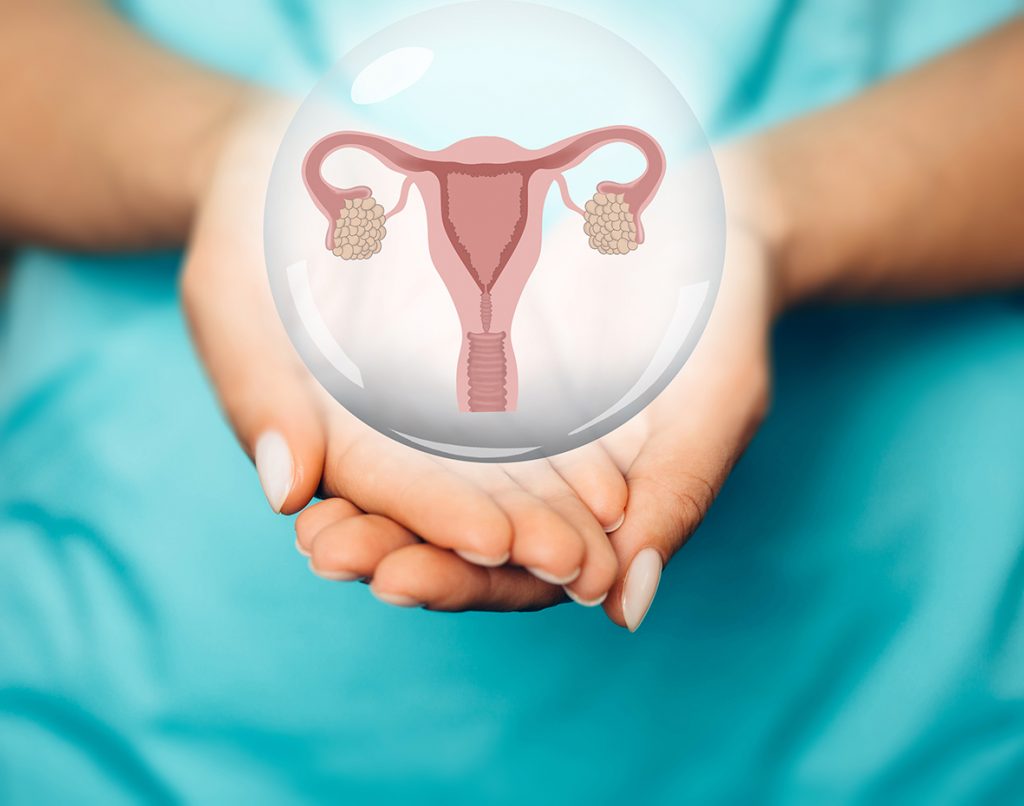The womb is one of the most important parts of the human body. There are some common womb conditions that people with a uterus are aware of, which means they can miss the symptoms of problems that can affect their physical, sexual, and reproductive health. Here are some of the most common womb conditions, their symptoms, and available treatments.
Endometriosis
This condition happens when the same type of body tissue that lines the uterus begins to grow in other areas of the body. In the majority of cases, endometriosis causes excess tissue to grow in the ovaries and abdomen. The tissue growth causes hardened scar tissue to develop around these organs and in these areas, causing discomfort.
People who suffer from endometriosis often experience painful, heavy periods and pain during or after sexual activity. They can also endure pain during urinary and bowel movements, abdominal pain, and irregular bleeding or spotting. This is obviously very distressing, but with the help of a doctor, it can be treated and its symptoms alleviated. Treatment can include pain medication, hormone treatments, or surgery.
Unfortunately, there is no cure for endometriosis. Treatment can diminish the symptoms and prevent them from interfering with your daily life. Though it is a chronic condition, the treatments are effective, and you may not have to have an ongoing prescription. Many people with endometriosis only have to take medications when a symptom reappears causing discomfort.
Pelvic Inflammatory Disease
This condition affects many people, but they may not know it. Bacteria or microbes can enter the cervix and begin to grow, spreading upward through the uterus. Over time, the condition may spread to the fallopian tubes as well, causing swelling and inflammation that can be uncomfortable or painful. There may be no pain, however, making symptoms harder to notice, which is why people can be affected by it without knowing or treating it.
There are other symptoms of Pelvic Inflammatory Disease (PID). You may feel you need to urinate more often than usual. The extra trips to the bathroom will often not produce any urine, despite the sensation that you need to. As well as abdominal pain or pain felt directly in the womb, you may also experience excess discharge during or outside of your period.
Strong odours can also be produced by the infection. If treated early, PID symptoms can completely disappear after completing a course of antibiotics. It can be caused by a sexually transmitted infection, and people with PID should complete a sexual health check and encourage their sexual partners to do so as well.

Endometrial Hyperplasia
This condition happens when there are too many cells growing in the lining of the uterus. This can cause the walls of the uterus to become very thick, leading to abnormal bleeding patterns and heavy periods. In some rare cases, Endometrial Hyperplasia can be a symptom of cancer. This is another important reason to speak to a doctor about this condition if you are experiencing its symptoms. People with Endometrial Hyperplasia often have irregular, heavy bleeding patterns, excess discharge, or an abnormal result on a smear test. Some people also experience slight abdominal pain. Endometrial Hyperplasia can also affect people after menopause, and if you continue bleeding after this hormonal change, you should consult a doctor.
There are two types of Endometrial Hyperplasia. One is known as Endometrial Hyperplasia without Atypia, and one is called Atypical endometrial hyperplasia. The treatments for both are very different, and which you may have will be determined through testing, which may include a biopsy.
Atypical endometrial hyperplasia can lead to the growth of cancer in the uterus. If this is confirmed by testing, doctors will recommend a hysterectomy to remove the womb to prevent cancer from developing. Endometrial Hyperplasia without Atypia has no risk of cancer, and how it is treated will often depend on your age or physical health. Progestogen can treat this type of Endometrial Hyperplasia. It is a hormone used in Intrauterine System (IUS) contraception, often called coils. This hormone thins the walls of the uterus, which reduces the symptoms. This hormone can also be taken orally if you do not wish to use a coil contraceptive device.
Fibroids
This is by far the most common womb issue that people experience in their lifetimes. Fibroids are growths on the lining or walls of the uterus. They can be smaller than a grain of rice, but can also grow to the size of a watermelon. They can cause incredible discomfort if left untreated and can put pressure on other organs in the abdomen, creating secondary problems and symptoms.
Fibroids can cause back pain, abdominal pain, heavy or prolonged periods, pain during sex, and difficulty conceiving. There are a number of treatments available for fibroids, including many commonly used contraceptive pills. A consultation with your doctor will help you identify the right treatment for you.
If you experience any of the symptoms of these common womb conditions, you should consult your doctor or visit a sexual health clinic. The uterus is an incredibly important part of the body after all.
Seaweed is the new superfood for skin





